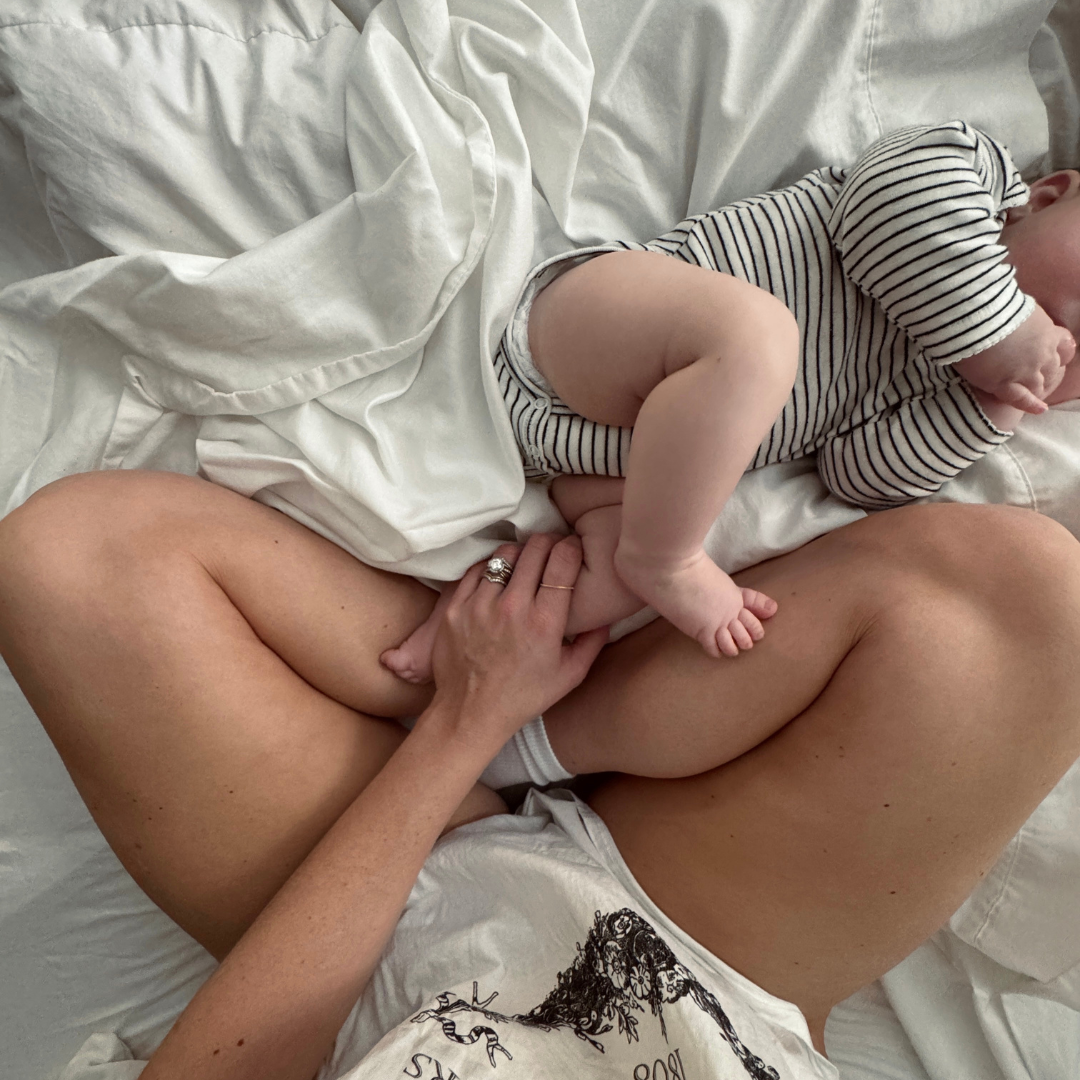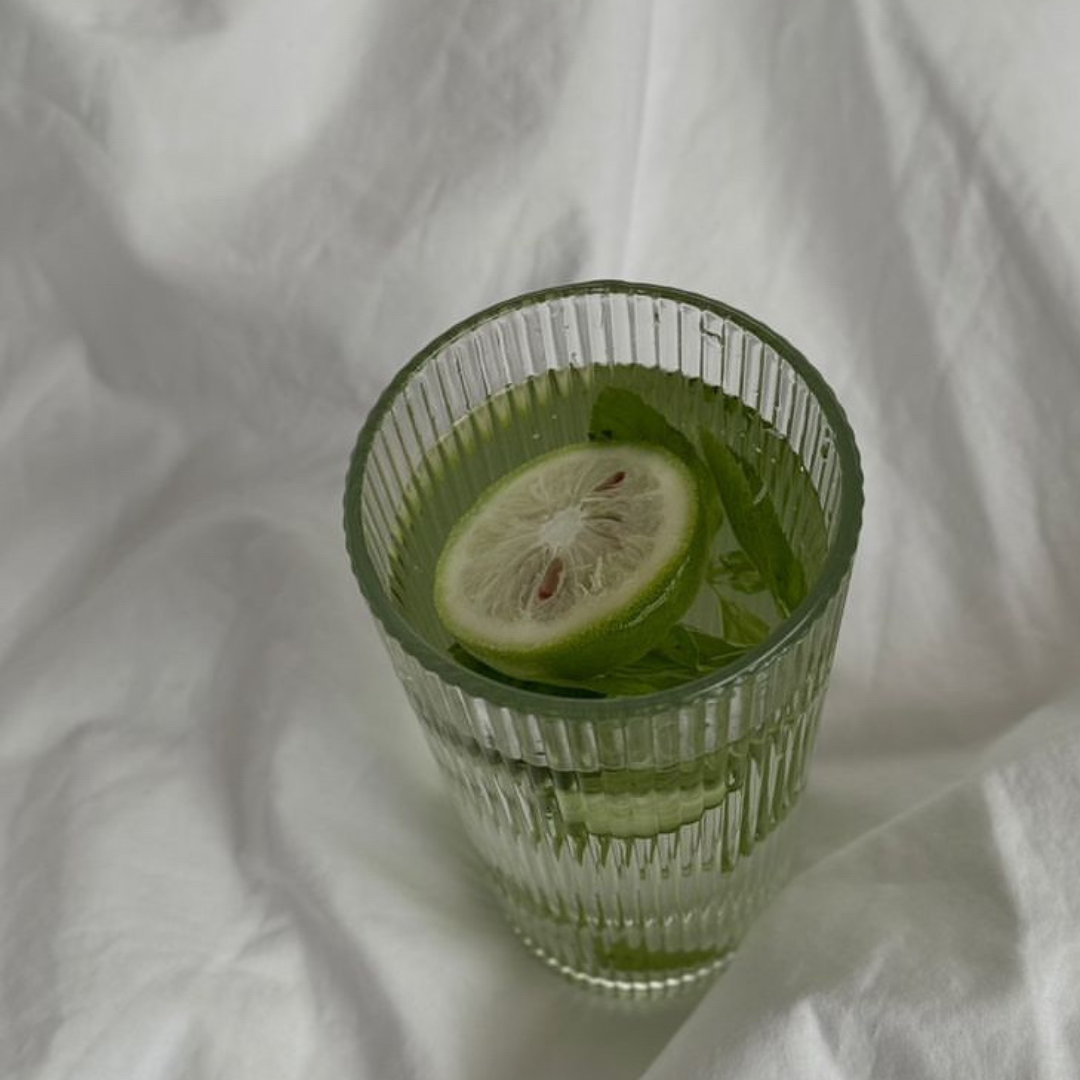
What Is Matrescence? And Why Australian Women Need to Talk About It
Let’s Talk About the Mother We Forget - You
There’s a lot of focus on the baby after birth, but what about the woman who just became a mother?
Your identity shifts. Your hormones shift. Your body, your relationships, your mind... it all changes. And yet, many women feel like they’re “just meant to get on with it.”
This profound and very real transition into motherhood has a name: Matrescence.
It’s not a buzzword or a fad. It’s the missing language so many of us have been craving to explain the messy, beautiful, emotional reality of becoming a mum. And it’s time we talked about it, especially here in Australia, where the pressure to “bounce back” or “cope well” is alive and well.
What Actually Is Matrescence?
The term matrescence was first coined by anthropologist Dana Raphael (yep, the same woman who brought “doula” into the mainstream).
Put simply, matrescence is the transition a woman goes through when she becomes a mother... physically, emotionally, hormonally, and socially.
It’s kind of like adolescence, but instead of changing from girl to woman, you’re shifting from woman to mother. And just like adolescence, it’s not neat. It’s not linear. It’s not always pretty.
You can feel joy and grief at the same time.
You can love your baby and miss your old life.
You can feel proud, cracked open, overwhelmed.
Why This Matters for Aussie Mums
In Australia, we’ve come a long way in recognising postnatal depression, however, we still have a long way to go in recognising the normal, messy, emotional shift that happens even when everything is “going well.”
So many women say:
“I just don’t feel like myself anymore.”
“No one talks about how hard this is.”
Here’s the truth: Nothing is wrong with you.
You are simply becoming a mother.
Matrescence Is Not Postnatal Depression (But They Can Overlap)
It’s important to say: matrescence is not a mental health diagnosis. It’s not something to fix. It’s something to understand and support.
But when it’s misunderstood—or ignored—women are more likely to suffer in silence, feel like they’re failing, or miss signs of deeper emotional strain. That’s why recognition and community matter so much.
What Helps During Matrescence?
Here are some ways to support women navigating this transition:
✅ Naming It – Just knowing it’s a thing can feel like a relief.
✅ Nourishment – Postnatal depletion is real. Whole foods, warming teas, iron, magnesium and slow nutrition matter.
✅ Rest + Support – Ask for help. Lower the bar. Reimagine rest where you can find it.
✅ Connection – Not just with other mums—but with yourself.
✅ Herbal & Naturopathic Support – Nervine herbs (like lemon balm, passionflower) can be gentle allies during emotional transitions.
This is also why we include emotional and physical care tools in our Wild Health Fourth Trimester Boxes, to hold space for you.
Final Thoughts (From One Mum to Another)
Matrescence is messy. Sacred. Wild. Exhausting. Expansive.
It doesn’t mean you’re broken or hormonal, your just in transition and this means you need more support than ever.
Whether you’re pregnant with your first baby or in the thick of your third postpartum, I hope this helps you feel less alone, and more seen.
Ready to feel supported in every stage of becoming a mum?
Explore our Pregnancy & Postpartum Boxes – naturopath-designed care for your mind, body and heart.



Leave a comment
This site is protected by hCaptcha and the hCaptcha Privacy Policy and Terms of Service apply.